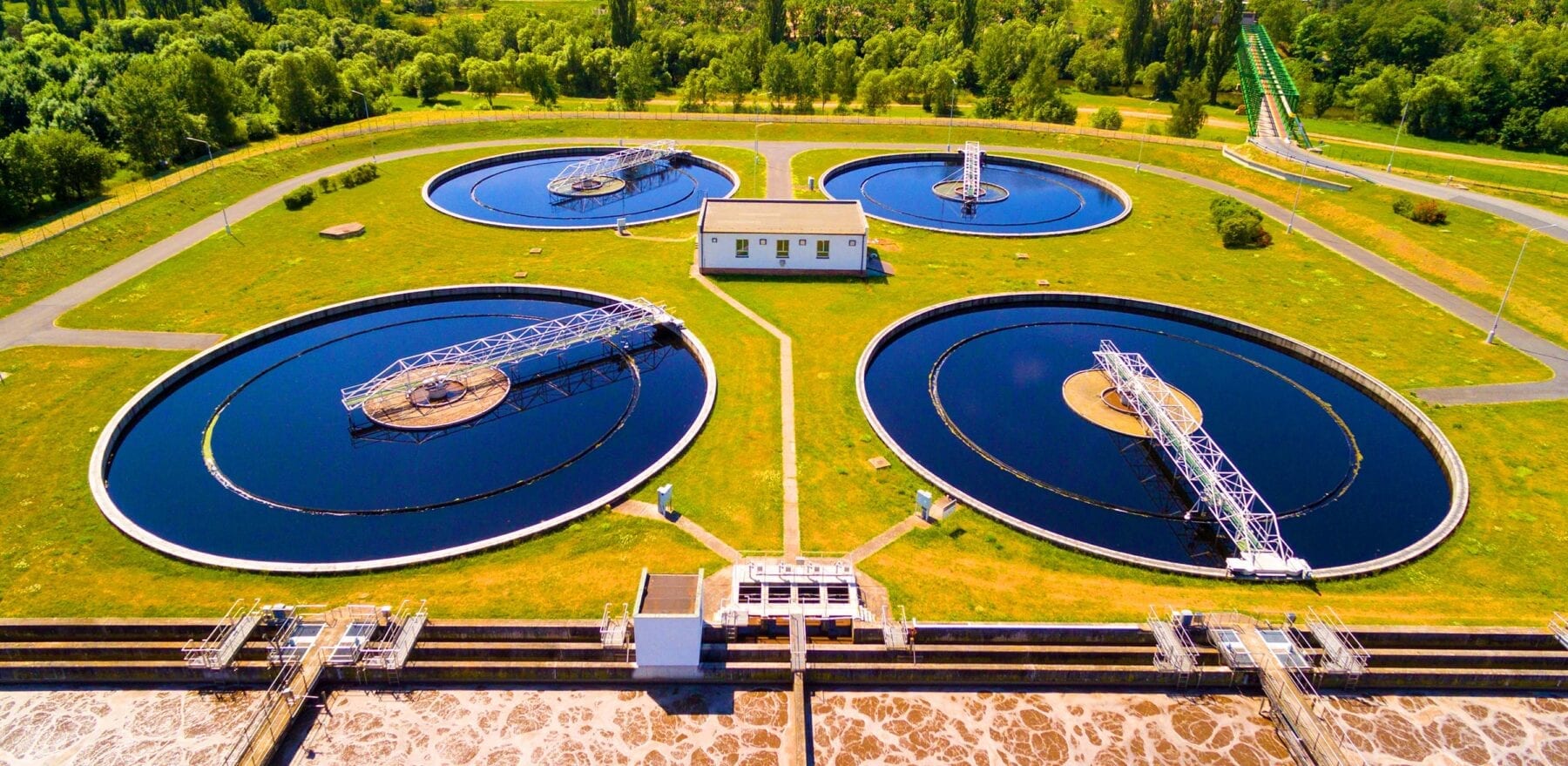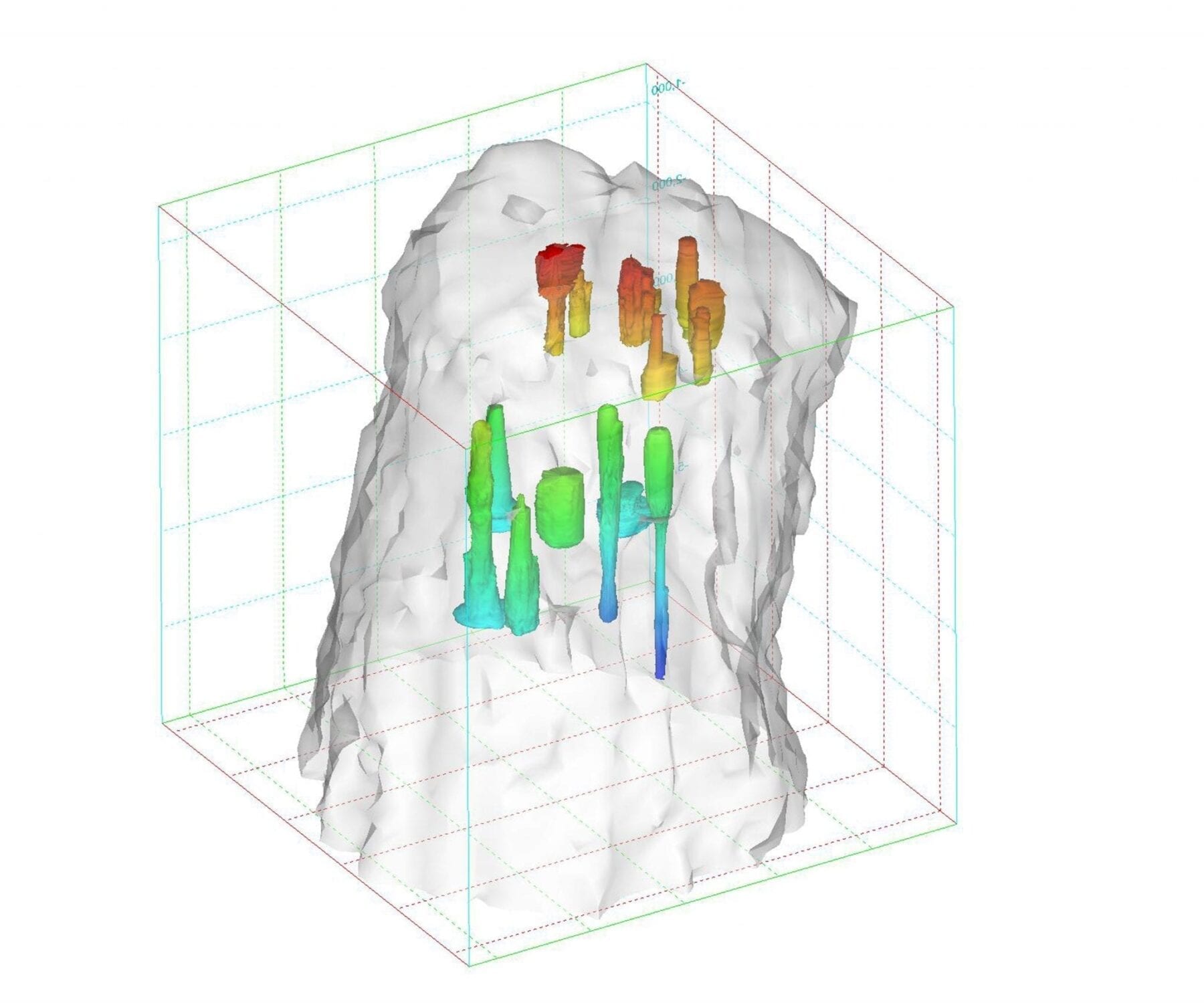
via RMIT University
Researchers have used biosolids to produce hydrogen from wastewater, in new technology that supports the comprehensive recycling of one of humanity’s unlimited resources – sewage.
The innovation focuses on the advanced upcycling of biosolids and biogas, by-products of the wastewater treatment process.
Developed by researchers at RMIT University, the patented technology uses a special material derived from biosolids to spark chemical reactions for producing hydrogen from biogas.
The approach means all the materials needed for hydrogen production could be sourced on-site at a wastewater treatment plant, without the need for expensive catalysts.
The method also traps the carbon found in biosolids and biogas, which could in future enable a near zero-emission wastewater sector.
Lead researcher Associate Professor Kalpit Shah said existing commercial methods for producing hydrogen were emission and capital-intensive, and relied heavily on natural gas.
“Our alternative technology offers a sustainable, cost-effective, renewable and efficient approach to hydrogen production,” said Shah, Deputy Director (Academic) of the ARC Training Centre for Transformation of Australia’s Biosolids Resource at RMIT.
“To enable the transition to a circular economy, we need technology that enables us to squeeze the full value from resources that would ordinarily go to waste.
“Our new technology for making hydrogen relies on waste materials that are essentially in unlimited supply.
“By harnessing the power of biosolids to produce a fully clean fuel from biogas – while simultaneously preventing greenhouse gas emissions – we can deliver a true environmental and economic win.”
Biosolids are commonly used as fertiliser and soil amendment in agriculture, but around 30% of the world’s biosolids resource is stockpiled or sent to landfill, creating an environmental challenge.
Dr Aravind Surapaneni, Senior Research and Planning Scientist at South East Water and Deputy Director (Industry) of the ARC Training Centre for Transformation of Australia’s Biosolids Resource, said research into new and valuable uses for biosolids was vital.
“The wastewater sector is constantly looking to develop new ways to transform biosolids into high-value products, in environmentally sustainable and responsible ways,” Surapaneni said.
How the tech works
In the new method, published in the International Journal of Hydrogen Energy, biosolids are first converted to biochar – a carbon-rich form of charcoal used to improve soil health.
The biosolids-derived biochar contains some heavy metals, which makes it an ideal catalyst for producing hydrogen out of biogas.
As part of the experimental bench-scale study, researchers tested the process with a methane-rich gas that resembles biogas.
They showed the biochar made from biosolids is highly effective for decomposing the gas into its component elements – hydrogen and carbon.
The decomposition process can also be conducted in a specially designed and hyper-efficient reactor developed and patented by RMIT, which can produce both hydrogen and a high-value biochar that is coated with carbon nanomaterials.
By converting the carbon found in biogas and biosolids into advanced carbon nanomaterials, their method can also capture and sequester the greenhouse gas to prevent its release into the atmosphere.
The carbon nanomaterial-coated biochar produced through the novel technique has a range of potential applications including environmental remediation, boosting agricultural soils and energy storage.
The Latest Updates from Bing News & Google News
Go deeper with Bing News on:
Hydrogen from wastewater
- Wastewater pipeline from STAMP project could be terminated by feds
A wastewater pipeline needed by the Science and Technology Advanced Manufacturing Plant project in Genesee County could soon be derailed by the U.S. Fish and Wildlife Service after two drilling ...
- Wales & West Utilities at the Forefront of Producing Green Hydrogen From Waste Water
A partnership project between Wales & West Utilities (WWU) and a technology firm has successfully produced green hydrogen from several impure water ...
- Inside the Fight for Truly “Squeaky Clean” Energy in New Jersey
The main legislation in question (S237/A1480) would require that 100% of retail electricity sales in New Jersey come from “clean” sources by 2035. Lawmakers spent many months gathering input from ...
- Report: Small modular reactor market expected to reach $295 billion by 2043
IDTechEx expects the installation rate of SMRs to grow significantly from the end of the decade, contributing to solving the climate crisis.
- Biden’s EPA pursues dramatic clampdown on emissions from power plants
On Thursday, the Biden administration unveiled a suite of new rules to dramatically slash pollution from coal and natural gas plants.
Go deeper with Google Headlines on:
Hydrogen from wastewater
[google_news title=”” keyword=”hydrogen from wastewater” num_posts=”5″ blurb_length=”0″ show_thumb=”left”]
Go deeper with Bing News on:
Hydrogen from biogas
- World’s first hydrogen station for commercial trucks opens – is it too late?
FirstElement Fuels has opened the world's first large-scale hydrogen fueling station for heavy-duty commercial trucks at Port of Oakland.
- Is Bloom Energy Stock a Buy?
The Bloom Energy Server uses its proprietary solid oxide technology to convert fuel (natural gas, biogas, hydrogen) through an electrochemical process without combustion. These servers can be ...
- FirstElement opens world’s first commercial truck stop for hydrogen-fueled vehicles
FirstElement Fuel has opened the world’s first large-scale hydrogen fueling station for heavy trucks. Located near the Port of Oakland, the station has ...
- 6 Best Green Hydrogen Stocks and ETFs to Watch
Green hydrogen is made with renewably generated electricity used to separate water into hydrogen and oxygen using a tool called an electrolyzer. Fuel cells essentially perform the reverse operation to ...
- Oakland Hosts World’s First Large-Scale Commercial Hydrogen Truck Stop
The West Coast station has 30 zero-emission Hyundai fuel-cell tractors hauling containers and replacing dirty diesels.
Go deeper with Google Headlines on:
Hydrogen from biogas
[google_news title=”” keyword=”hydrogen from biogas” num_posts=”5″ blurb_length=”0″ show_thumb=”left”]










